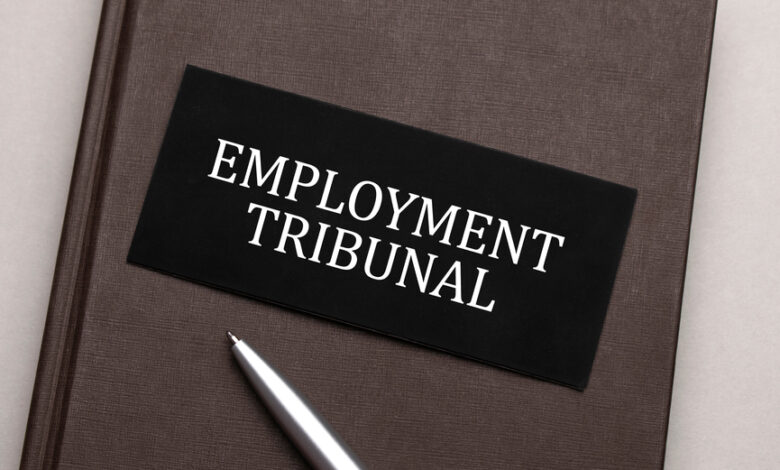Employment Tribunal Decisions: A Comprehensive Overview

Employment Tribunal Decisions play a crucial role in resolving disputes between employees and employers. This article will delve into the different aspects of employment tribunal decisions, including the types of claims, the decision-making process, and the possible outcomes. By understanding the tribunal system, both employees and employers can navigate the process more effectively and work towards fair resolutions.
Introduction
Employment tribunals are specialized courts that handle disputes between employers and employees. They were established to provide a more accessible and efficient means of resolving employment-related disagreements than traditional courts. The role of employment tribunals is to interpret and apply employment law to the specific circumstances of each case and to make decisions based on the evidence presented.
Types of Claims
Employment tribunals typically handle a wide range of claims, including:
- Unfair dismissal: When an employee believes they have been dismissed without a valid reason or without following the proper procedure.
- Discrimination: When an employee feels they have been treated unfairly due to their protected characteristics, such as age, disability, gender, race, religion, or sexual orientation.
- Breach of contract: When an employer has not fulfilled their obligations under the employment contract, such as failure to pay wages or provide the agreed-upon working conditions.
- Whistleblowing: When an employee suffers retaliation for reporting wrongdoing within the organization.
- Equal pay: When employees believe they are not receiving equal pay for work of equal value, compared to colleagues of a different gender or race.
The Decision-making Process
The decision-making process in an employment tribunal involves several key steps:
- Submitting a claim: The employee, or claimant, submits a claim to the tribunal, outlining the details of their case and the remedy they are seeking.
- Response from the employer: The employer, or respondent, is required to submit a response to the claim within a specified timeframe, detailing their version of events and why they believe the claim should be rejected.
- Preliminary hearing: A preliminary hearing may be held to clarify issues, identify the key points of dispute, or determine whether a full hearing is necessary.
- Full hearing: If the case proceeds to a full hearing, both parties present their evidence and arguments to a panel of tribunal members, who will question the parties and their witnesses. The panel typically consists of an employment judge and two lay members with relevant expertise.
- Decision: The tribunal panel will consider the evidence and arguments presented and make a decision based on the balance of probabilities. The panel will issue a written judgment, which outlines the reasons for their decision and any remedies awarded.
Possible Outcomes
Employment tribunal decisions can have various outcomes, depending on the nature of the claim and the evidence presented. Some potential outcomes include:
- Dismissal of the claim: The tribunal may find in favor of the employer and dismiss the claim.
- Remedies: If the tribunal finds in favor of the employee, they may order the employer to provide a remedy, such as reinstatement, compensation, or a declaration of the employee’s rights.
- Costs: The tribunal may also award costs to the successful party, particularly if the other party has acted unreasonably during the proceedings.
Appealing a Tribunal Decision
Both parties have the right to appeal a tribunal decision if they believe there has been an error in law or a failure to follow the correct procedures. Appeals are typically heard by the Employment Appeal Tribunal, which is a higher court that reviews tribunal decisions. The appeal process can be complex and time-consuming, so it is essential to seek legal advice before proceeding.
Conclusion
Employment tribunal decisions play a vital role in ensuring fairness and justice in the workplace. By understanding the types of claims, the decision-making process, and the possible outcomes, employees and employers can better navigate the tribunal system and work towards equitable resolutions. In the event of a dispute, it is important to seek legal advice and be prepared for the potential challenges and complexities of the tribunal process.
For more useful insights, check the rest of our blog.
